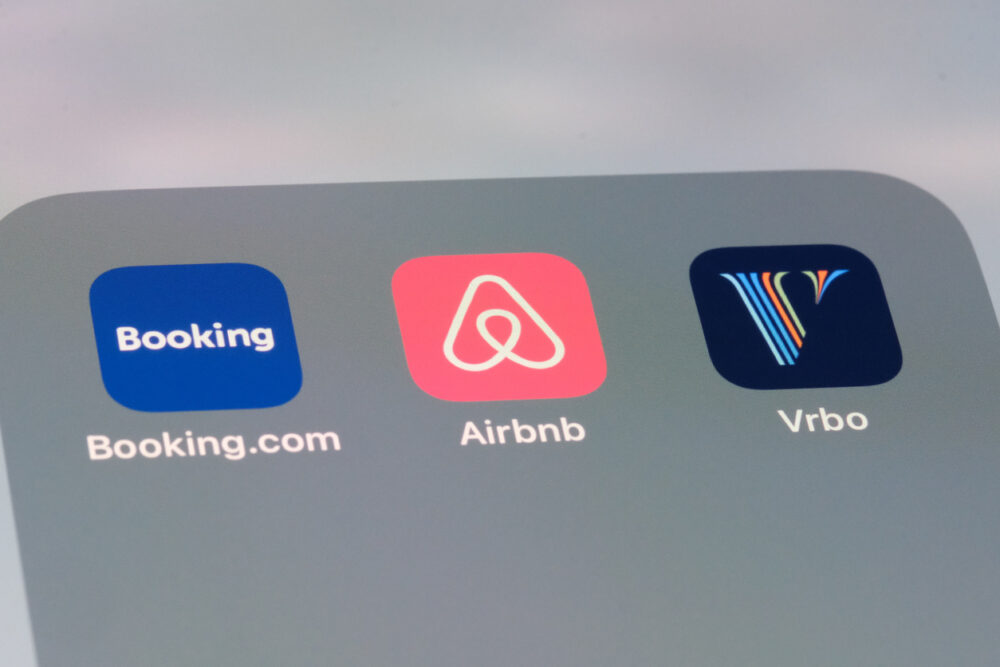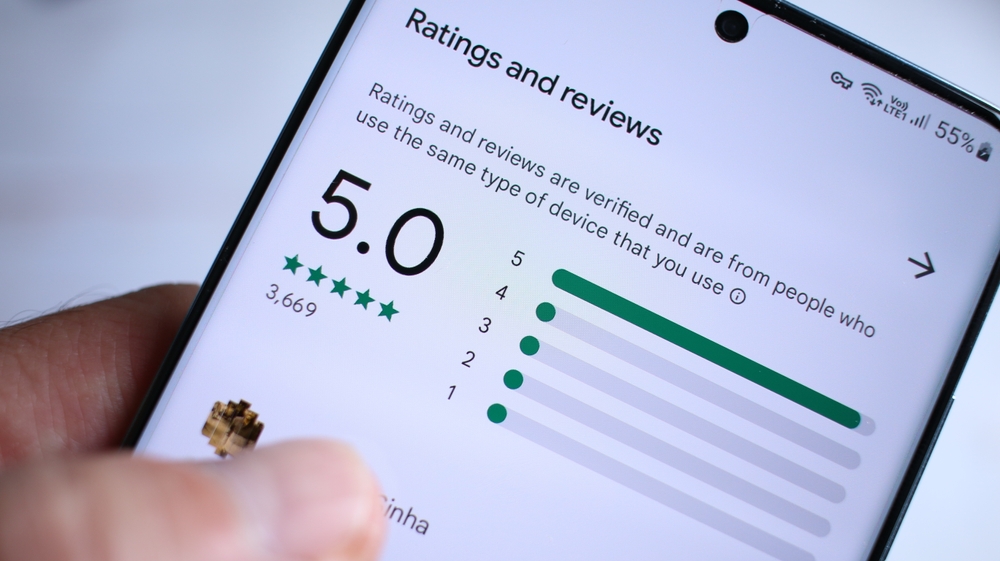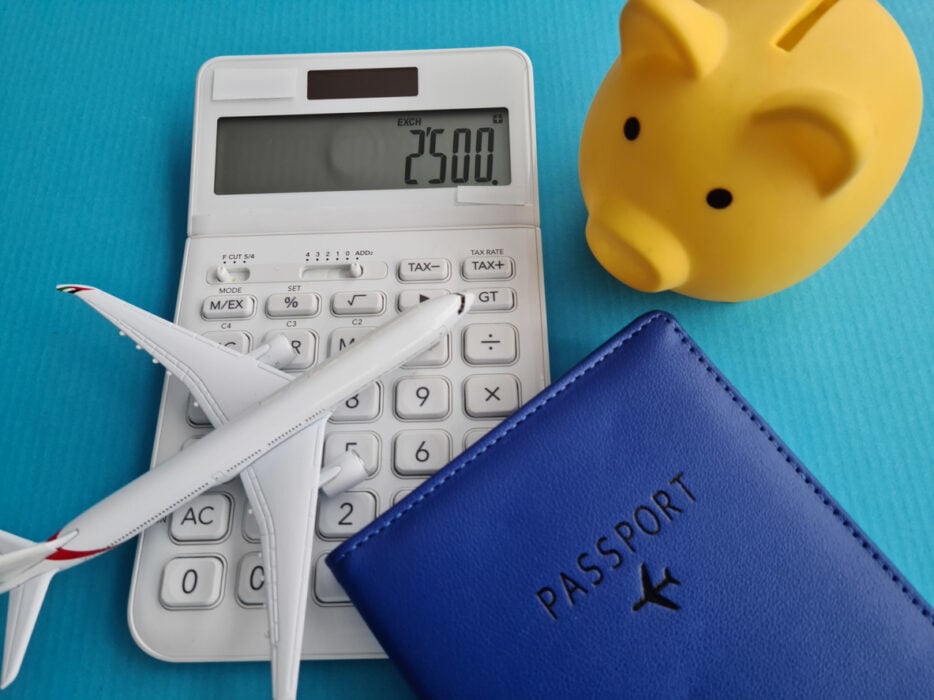Avoid common pitfalls by recognizing these key red flags in Airbnb listings before booking.

Booking an Airbnb offers convenience and unique experiences, but it’s important to stay vigilant to avoid unwelcome surprises. Not all listings are entirely transparent, and some may hide issues that could disrupt your trip. Understanding the warning signs—such as inconsistent photos, vague descriptions, or poor host communication—can help you make informed choices and ensure a smoother stay at your chosen destination.
1. Inconsistent or overly generic photos that lack clear details.

Generic photos in an Airbnb listing, often devoid of distinct details, can obscure true conditions. These images might hide imperfections or unsatisfactory settings. A couch partially in shadow may signify an omission, potentially disguising issues such as worn upholstery or cramped spaces.
When a listing lacks varied photos offering different angles or depictions that match descriptions, it warrants skepticism, as stated in The Washington Post. Mismatched photos might suggest that other discrepancies exist. Such a practice may conceal elements that could affect one’s stay experience negatively, like outdated appliances or unappealing surroundings.
2. Numerous negative reviews mentioning cleanliness or safety concerns.

Numerous negative reviews consistently highlighting cleanliness or safety issues indicate serious concerns within a property. Review comments mentioning untidy kitchens or broken locks point to hygiene lapses or potential security threats.
An avalanche of such feedback isn’t easily ignored and typically signifies a pattern rather than isolated instances. Even amidst positive reviews, repeating negative themes shouldn’t be overlooked as they often reveal hidden pitfalls, possibly overshadowing advertised charm, Medium.com reports.
3. Host profile missing verification or detailed personal information.

A host profile lacking verification or detailed information about the person suggests a need for caution. Authentic profiles usually include clear photos, a descriptive bio, and past guest interactions, providing a fuller picture of the host’s reliability.
Unverified profiles might mean absent accountability or hidden intentions. Understanding a host’s background through such details helps in forming expectations and preparing for potential interactions, as stated in Uplisting. Without this transparency, doubts regarding trustworthiness or commitment may arise.
4. Price significantly lower than similar listings in the same area.

A price noticeably lower than other nearby listings can be alluring yet merits further examination. Such pricing may mask problematic aspects like hidden fees or compromised quality, strategically positioning itself amidst less affordable options.
Though appearing as attractive bargains, these too-good-to-be-true prices often signal underlying deficiencies or omitted expenses. Aligning pricing with provided amenities and descriptions helps reveal whether the listing truly offers value or merely plays on perceived thrift.
5. Limited or vague description of amenities and house rules.

Vague or limited descriptions within a listing offer minimal information on what to expect during a stay. A two-sentence narrative describing the space vaguely leaves out critical amenities or house rules, presenting more questions than answers.
This lack of detail fosters unrealistic expectations leading to disappointment upon arrival. Comprehensive descriptions help ensure that guests know exactly what’s included, from basics like Wi-Fi to the finicky idiosyncrasies of older homes.
6. Frequent last-minute cancellations documented in previous bookings.

A track record of frequent last-minute cancellations in a listing’s history reveals potential reliability issues. Similar feedback across bookings might point to erratic management patterns or unforeseen conflicts, disrupting a planned itinerary.
Such unpredictability can affect travel arrangements significantly, resulting in stress or additional costs. Stability within a host’s managerial approach, evidenced by consistent bookings, underpins assurance that plans remain intact upon confirmation.
7. Excessive focus on immediate booking without answering questions.

Overemphasis on instant bookings in a listing can suggest an unwillingness to field inquiries or furnish important details. Hosts who sidestep guest questions or discourage dialogue may be withholding pertinent information, prioritizing quick transactions instead.
This characteristic skirt of transparency might indicate underlying issues best addressed before proceeding. Interaction fosters understanding, allowing potential guests the confidence that their queries, ranging from bed setup to pet policy, are adequately resolved.
8. Lack of clarity about the exact location or neighborhood.

Ambiguity regarding a listing’s exact location or its neighborhood can signal potential problems. Listings that gloss over specific directions might avoid revealing proximity to noisy roads or inconvenient placements—elements typically important for guest comfort.
Despite boasting appealing local attractions, a vague description leaves question marks about actual surroundings. Reliable hosts usually supplement location details with insights to nearby conveniences, helping guests align expectations with reality.
9. Poor communication or delayed responses from the host.

Poor or delayed communication from a host can red-flag deeper commitment concerns. Unanswered queries or sluggish responses in the pre-booking phase may set a precedent, predicting further communication gaps.
Swift, open dialogue establishes trust, setting the stage for resolving potential issues promptly during one’s stay. Irregular communication, conversely, might reflect a lack of accountability or prioritization, hinting at larger issues behind pleasant listing shots.
